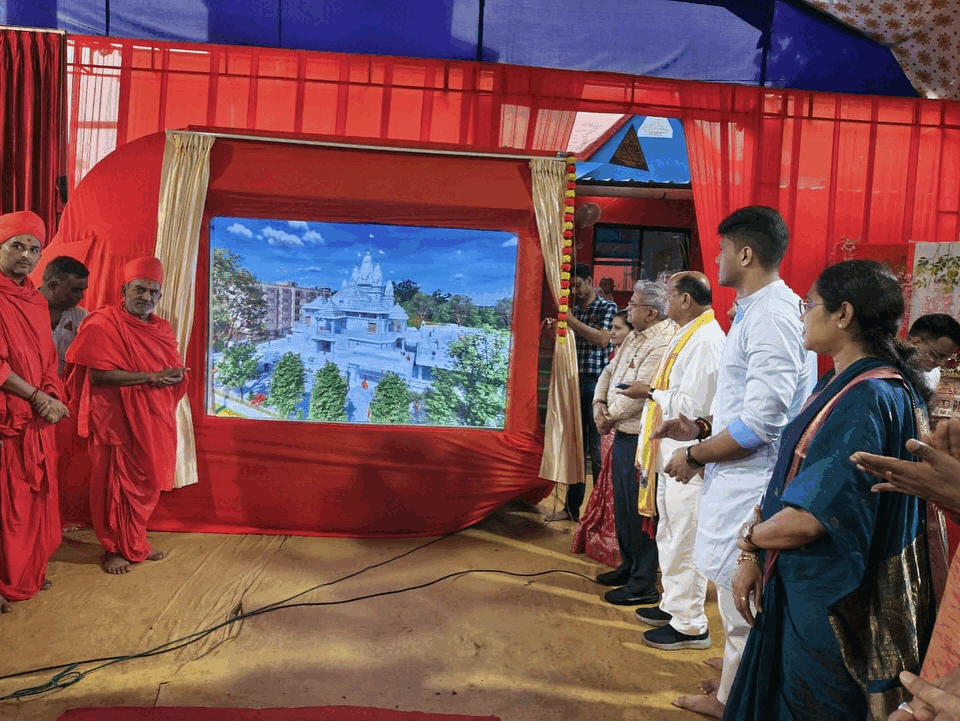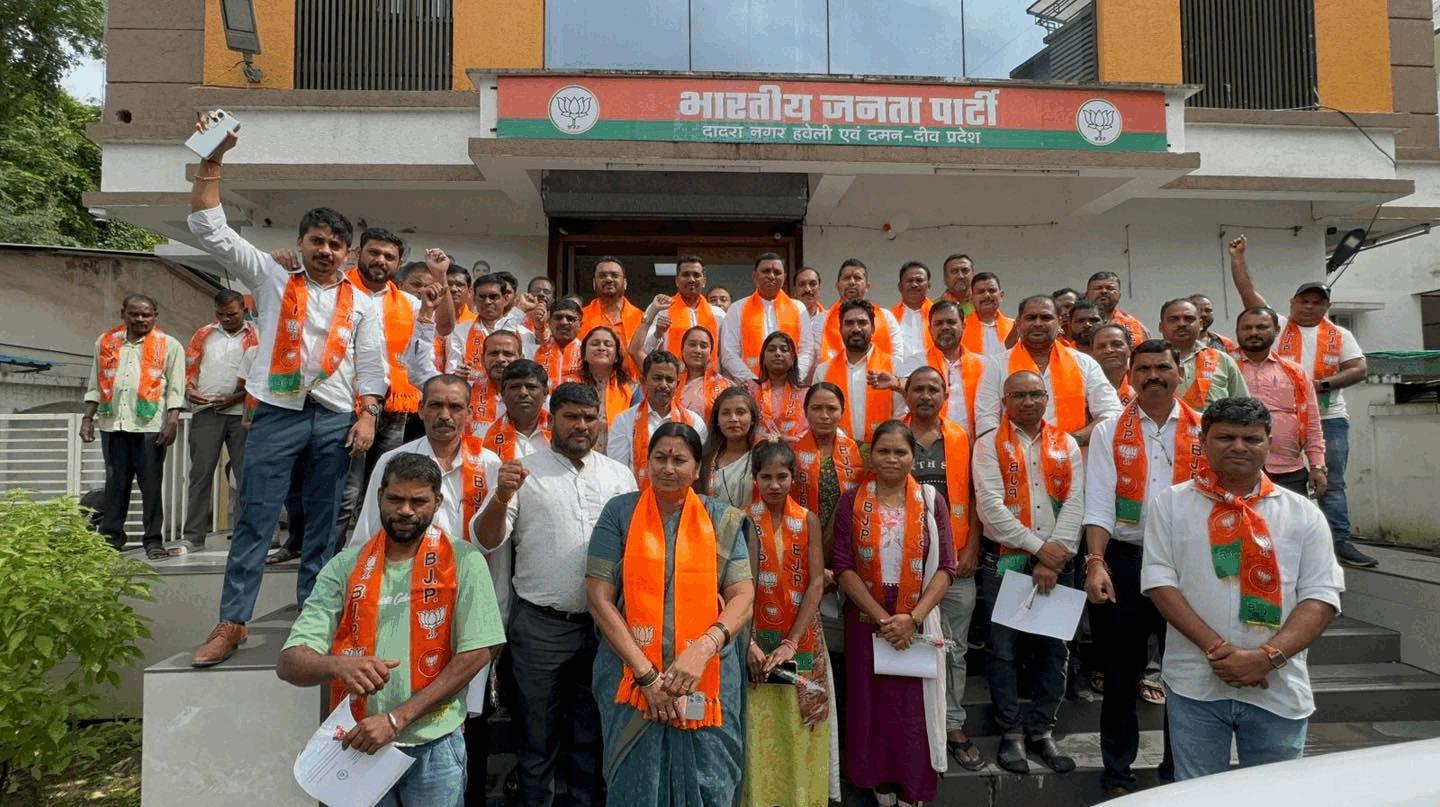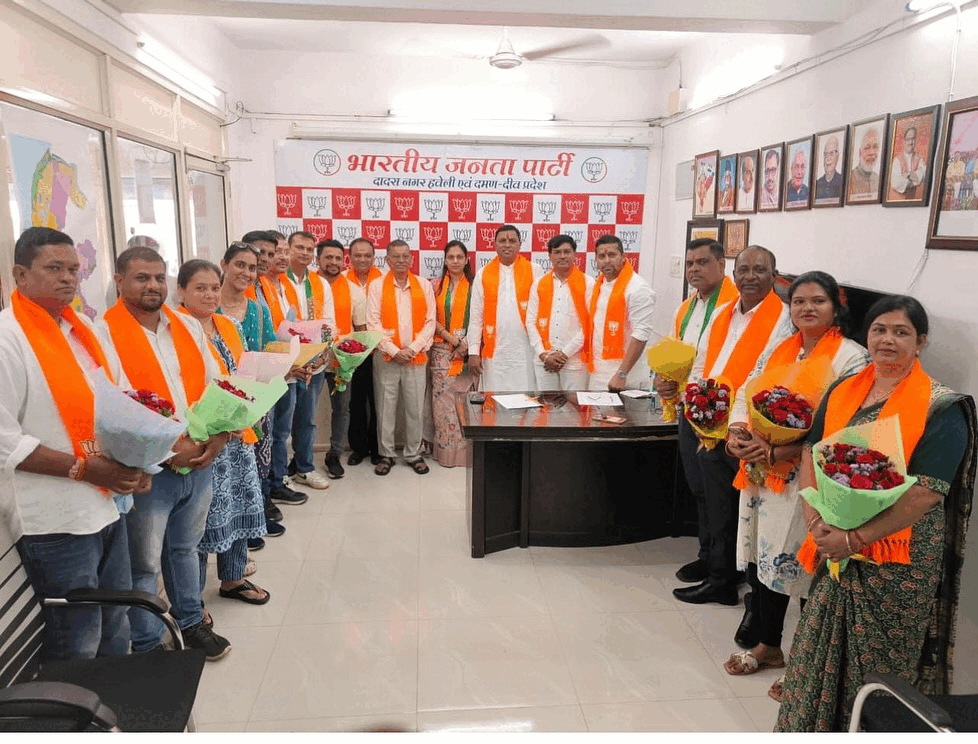Deconstructing Indian History: The Invisible War of Ideological Subversion
This piece explores how India’s downfall wasn’t solely the result of external conquest but was deeply tied to internal ideological manipulation. Drawing from the revelations of Soviet defector Yuri Bezmenov and historical colonial strategies, this opinion column challenges mainstream narratives of Indian independence and re-examines the legacy of betrayal, manipulation, and mental colonization that continues to shape the country’s modern identity.
What If India Wasn’t Defeated by Armies — But by Minds?
History books often tell us that India was a victim of stronger, better-equipped invaders — from the Mughals to the British. But what if the real conquest was more insidious? What if India’s spirit was subverted long before the land was claimed?
This is the provocative idea explored through the lens of ideological subversion — a weapon of the mind, not the sword. Popularised by former KGB agent Yuri Bezmenov, this psychological warfare wasn’t just a Cold War tactic. It was, arguably, the very method through which the British Empire brought India to its knees.
Divide and Rule: A Tactical Masterclass in Psychological Control
The British did not simply rule India by force — they ruled by manipulating how Indians saw themselves.
Caste divisions were deepened through inaccurate census reports. Communal identities were hardened. Ancient texts were mistranslated. Education systems like the Gurukul tradition were dismantled in favor of Western formats that subtly told Indians: your knowledge isn’t valid.
The infamous "Brown Sahib" — an Indian who thought in English, worshipped Western ideals, and often looked down upon fellow countrymen — became the perfect colonial tool. Not a soldier, but a salesman of subjugation.
Internal Betrayal: The Role of Elite Collaboration
From bureaucracy to business, colonial control was maintained with the help of Indian elites, many of whom found status and wealth under the British. These collaborators helped push foreign agendas while silencing grassroots voices.
Even the freedom struggle wasn’t spared. The early Congress movement had deep ties with British frameworks. Gandhi’s pacifism and Nehru’s anglophile worldview are critiqued here not to vilify them, but to question whether their ideologies, knowingly or not, fit neatly into the British playbook.
Partition: The Final Stroke of Subversion
The 1947 Partition is often described as a painful but necessary outcome of independence. But this article posits something more chilling: Partition wasn’t a tragedy; it was a strategy.
A divided India ensured long-term Western influence in the subcontinent. And it wasn’t just the British — emerging global powers had stakes in shaping post-colonial India’s map, mindset, and military alignment.
The result? Over a million lives lost, families torn apart — and a nation born with trauma in its DNA.
History Textbooks: Narratives or Neutrality?
Today, our schoolchildren still learn a version of history written by post-independence elites. But what they often miss is the ideological battlefield beneath those dates and names.
The destruction of indigenous knowledge, the manufacturing of caste rigidity, the co-option of nationalist leaders, and the permanent political fractures of Partition — these aren’t just footnotes. They’re the framework.
Final Thoughts: Memory is Resistance
India cannot reclaim its future without first reclaiming its past — not the one printed in textbooks, but the one lived and suppressed. Ideological subversion is not over. It continues through media, education, and even policymaking.
This isn’t about conspiracy. It’s about consciousness.
To “decolonise” the mind is not a slogan — it is a generational responsibility.
What's Your Reaction?





































































